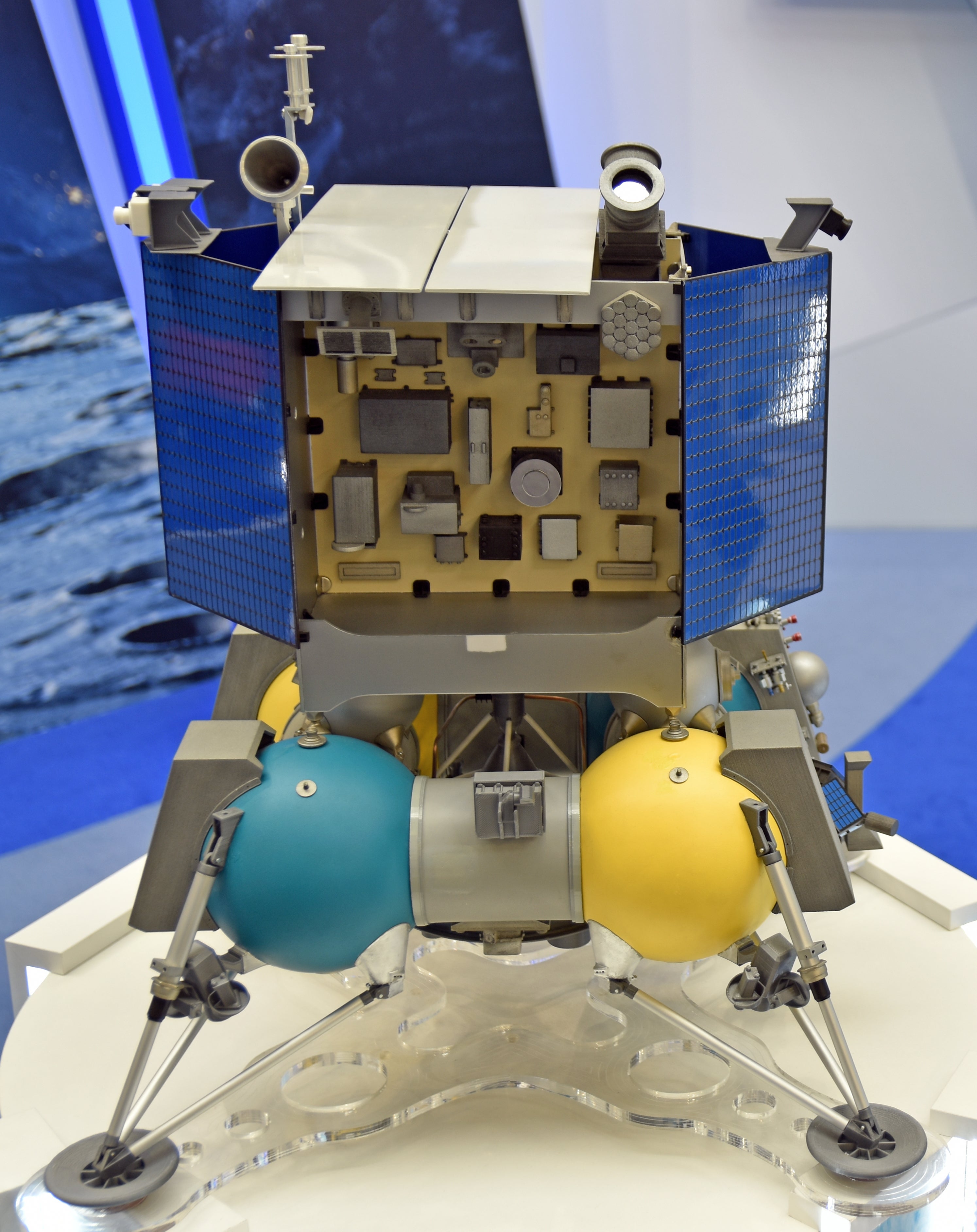European Space Agency ends collaboration with Russia on Moon missions
ESA announced it would end further cooperation with Russia on lunar science missions, turning to Nasa and commercial providers to launch key technologies

Your support helps us to tell the story
From reproductive rights to climate change to Big Tech, The Independent is on the ground when the story is developing. Whether it's investigating the financials of Elon Musk's pro-Trump PAC or producing our latest documentary, 'The A Word', which shines a light on the American women fighting for reproductive rights, we know how important it is to parse out the facts from the messaging.
At such a critical moment in US history, we need reporters on the ground. Your donation allows us to keep sending journalists to speak to both sides of the story.
The Independent is trusted by Americans across the entire political spectrum. And unlike many other quality news outlets, we choose not to lock Americans out of our reporting and analysis with paywalls. We believe quality journalism should be available to everyone, paid for by those who can afford it.
Your support makes all the difference.The European Space Agency will discontinue planned collaborations with Russia’s space agency on future lunar missions over Russia’s invasion of Ukraine.
The space agency also revealed new partners for some of the missions in its announcement on Wednesday.
The new announcement comes after ESA already announced it would stop cooperating with Russia on a robotic mission to Mars scheduled to launch in September.
“Following the Russian aggression against Ukraine, ESA’s Director General has initiated a comprehensive review of all activities currently undertaken in cooperation with Russia and Ukraine,” an ESA statement released on Wednesday read, “to determine the possible consequences of this new geopolitical context for ESA programmes and activities.”
After reviewing cooperative activities, the ESA Council decided Wednesday that it will no longer cooperate with Roscosmos, the Russian space agency, on Luna 25, 26, and 27. ESA intended to fly important technologies on the three Russian robotic missions to the Moon, beginning with the scheduled launch of Luna 25 in August.
“The Russian aggression against Ukraine and the resulting sanctions put in place represent a fundamental change of circumstances and make it impossible for ESA to implement the planned lunar cooperation,” the statement read.
Instead, ESA will fly its Package for Resource Observation and in-Situ Prospecting for Exploration, Commercial exploitation and Transportation (PROSPECT) drill intended for Luna 27, and a navigation camera intended for Luna 25, on commercial spacecraft as part of Nasa’s Commercial Lunar Payload Services program.
ESA is currently working on an alternative path to fly its pilot precision landing and hazard avoidance technology, intended for Luna 27 and important for the proposed European Large Logistic Lander.
ESA had already announced on 17 March that it would no longer cooperate with Russia on the ExoMars mission, which had been scheduled to launch to the Red Planet in September.
Instead, ESA announced Wednesday that Thales Alenia Space of Italy is studying potential ways forward for ExoMars without Russia’s involvement. Roscosmos was to provide some technology, scientific payloads, and launch vehicles for the mission, but the key elements of the mission, including the Rosalind Franklin Rover, are ESA projects and have passed their flight readiness reviews.
ESA also recently signed an agreement with the Japanese Space Agency to fly a mass spectrometer on Japan’s ISRO LUPEX lunar rover mission scheduled for 2024, another way Europe is reaching around Russian to find new partners to conduct lunar science.
Join our commenting forum
Join thought-provoking conversations, follow other Independent readers and see their replies
Comments